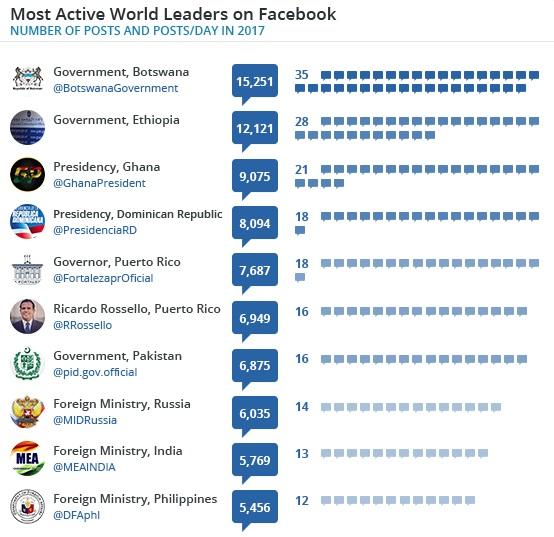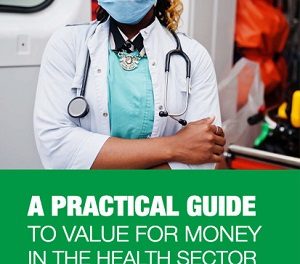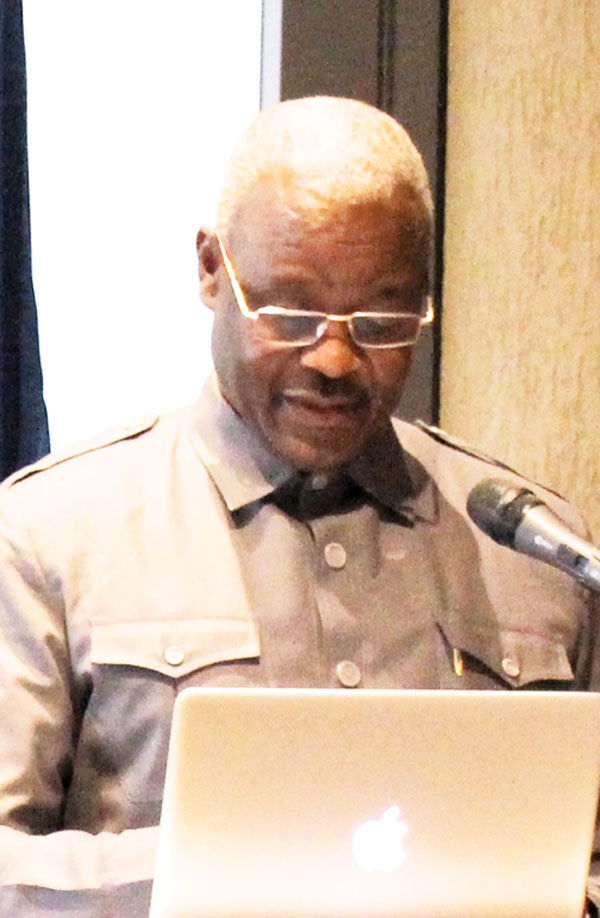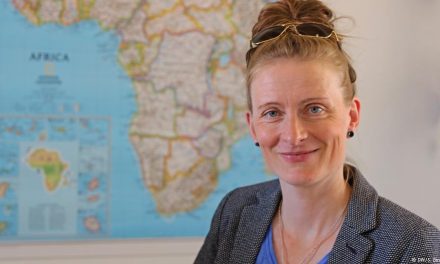
Facebook has become a key platform for governments to engage constituencies

An extensive social media study established that 109 heads of state, 86 heads of government and 72 foreign ministers have personal pages on facebook, the world’s largest social media network.
Geneva, 02 May 2018 – A social media study by Burson Cohn & Wolfe found that US President, Donald Trump has only half the number of facebook followers than Indian Prime Minister, Narendra Modi. Trump’s personal facebook page lists 23 million followers while Modi’s is followed by a staggering 43 million people and institutions. However, Trump leads comfortably in the number of interactions defined as the total number of comments, likes and shares.
Queen Rania of Jordan is third with 16 million followers.
The study analyzed the activity of 650 facebook pages of heads of state and government and foreign ministers from 01 January 2017 using aggregate data from facebook’s Crowdtangle tool.
Over the past 14 months, Trump’s facebook page had 204.9 million interactions followed by Modi with 113.6 million.
The World Leaders on Facebook study found that 175 or 91% of the 193 United Nations member states maintain an official facebook page. In addition, 109 heads of state, 86 heads of government and 72 foreign ministers maintain personal pages on the platform.
“Burson Cohn & Wolfe’s World Leaders on Facebook study is the premier work on how governments use the platform for political communications. It is clear that world leaders are increasingly using social media to communicate directly with their constituencies on platforms like facebook to bring a personal, humanizing tone to their communications,” said Chad Latz, Burson Cohn & Wolfe’s Chief Innovation Officer.
As of 15 March 2018, all pages of world leaders combined had a total of 309.4 million followers. Since the beginning of last year they have published a total of 536,644 posts which produced close to 900 million interactions.
The findings revealed that, while more than half of the posts have photos, world leaders are increasingly sharing videos and a handful are going live to talk directly to their constituents. Posts with videos attracted by far the most interactions: 2,615 on average, compared to 1,750 for photo posts, with facebook live videos garnering on average 4,489 interactions. The 91,266 facebook videos posted on world leaders’ pages have been viewed 5.4 billion times with an average view count of 70,790 per video.
Other key findings include:
The facebook page of the government of Botswana is the busiest, with an average of 35 posts per day since 01 January 2017. The governments of Ethiopia and the presidency of Ghana are not far behind, with 28 and 21 posts per day, respectively.
The White House is the page most followed by peers, with 28 peer connections. Second is the European Commission with 24 peer connections and third the U.S. State Department with 20. The Russian Foreign Ministry has made the most diplomatic overtures on facebook, liking 97 other peer pages.
The governments of only 18 countries have not yet set up a presence on facebook.
The most visited institution is The White House, with just under 5.2 million check-ins, followed by the Ugandan State House with 225,991 and 10 Downing Street with more than 190,000 check-ins.
More than 60% of all world leaders’ facebook pages allow fans to contact the page privately using facebook messenger. Half of the 390 pages open to messages typically reply within a day or even within minutes using facebook chatbots and automated replies.
World Leaders on Facebook is Burson Cohn & Wolfe’s latest research into world leaders, governments and international organizations’ communication patterns on social media. The research builds on Burson-Marsteller’s acclaimed annual Twiplomacy study, now in its sixth year.













































